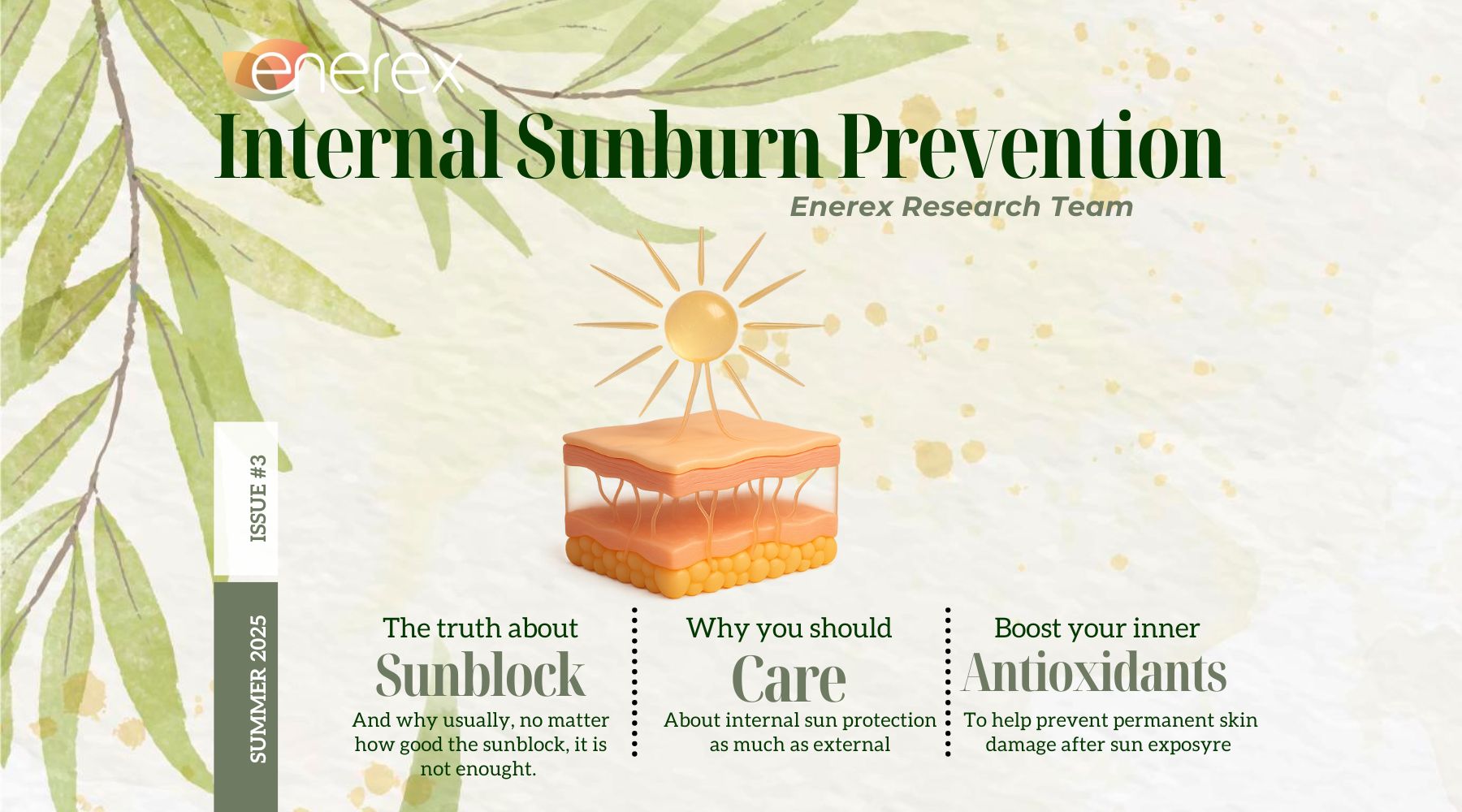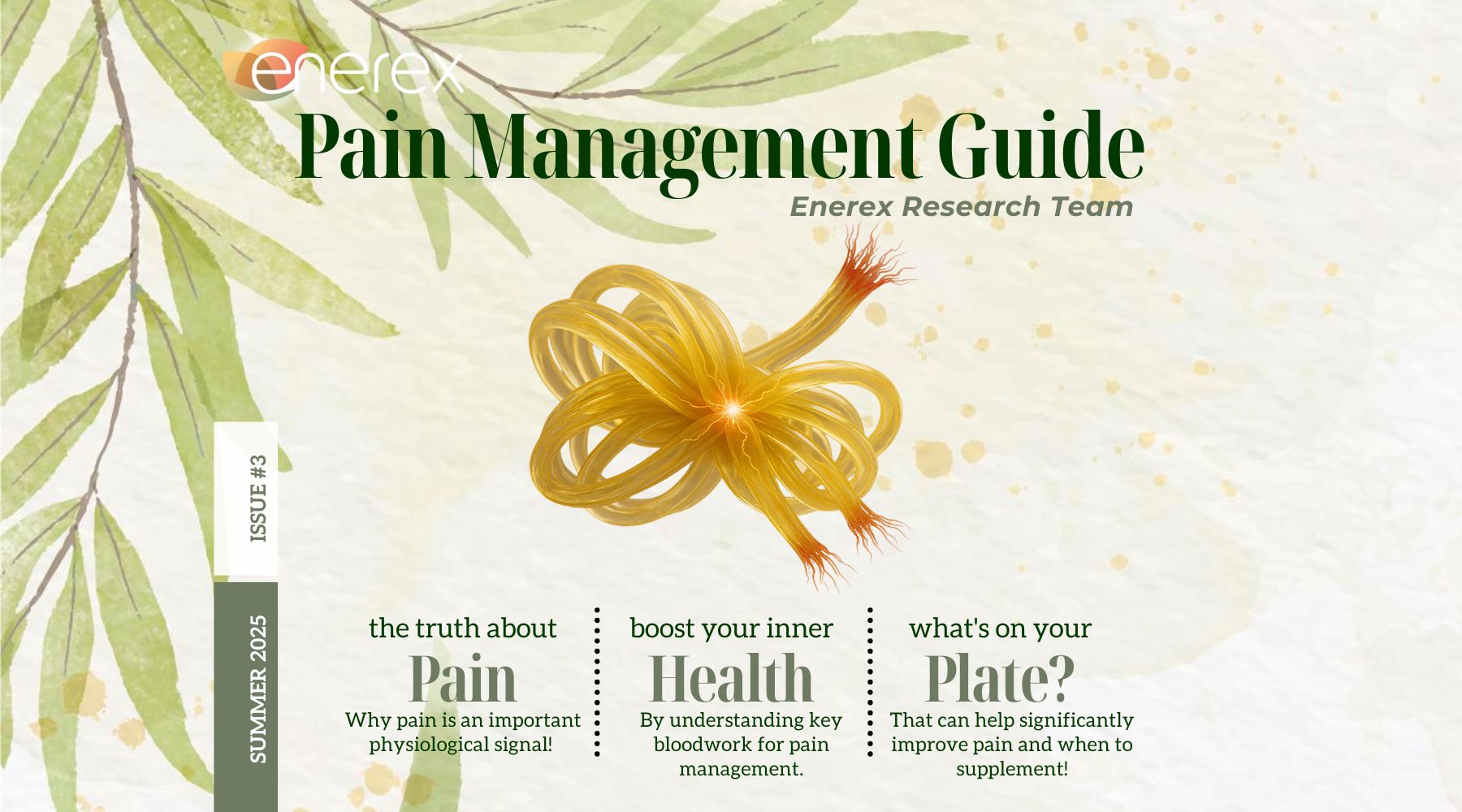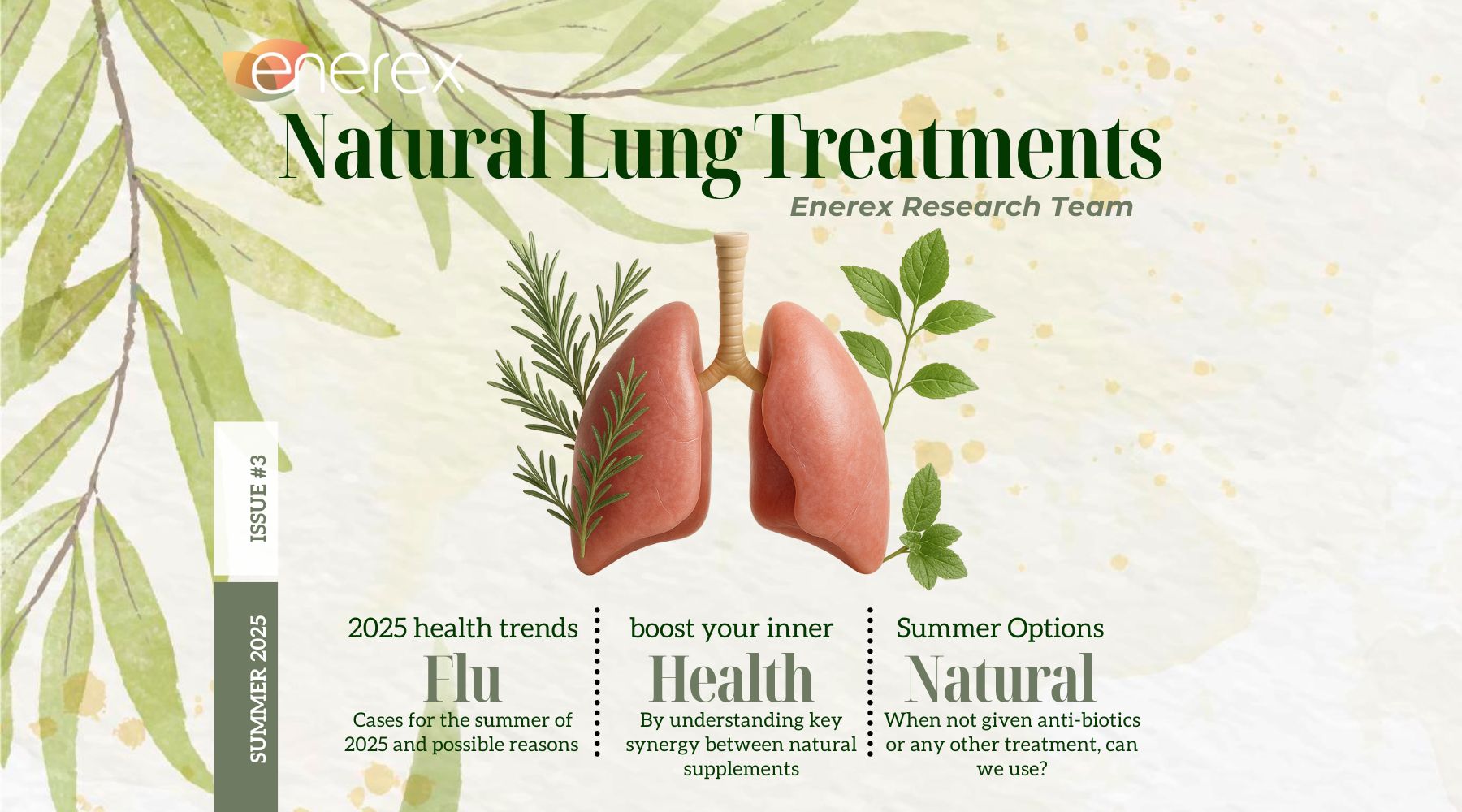8 Ways to Beat the Bloat & Support Better Digestion
We hope you know that painful abdominal bloating is not a normal after-effect of eating. If you experience a distended abdomen and gas after eating, this is actually a symptom of an underlying dysfunction in the body. You don’t need to feel this way!

Blog Contents
8 Ways to Beat the Bloat & Support Better Digestion
Space Out Coffee
Be mindful of how you enjoy coffee, and how often you reach for it. Coffee overexcites your digestive tract and may stimulate bloating. Not to mention, if you're constantly speeding up your digestion with caffeine, you may be missing out on proper nutrient absorption and breakdown of foods. Create a healthy relationship with coffee, not a dependency. Avoid drinking coffee with a meal, and try to include natural energy boosters before reaching for a first or second cup.
Slow Down
Many of us are accustomed to a classic case of disappearing snacks. You know... The bowl was full a second ago, and now suddenly it's empty. You didn't really enjoy that snack or pay any attention to it, and now you likely want seconds. Make the new habit of 'setting the mood' at mealtime. Whenever you take a bite of food you are really giving your body fuel and hopefully some quality nutrition (depending on your choices). If we're multitasking while eating, or choose to 'fuel up' on the go, while we're stressed out or rushed - we end up munching way too fast. If we're swallowing quicker than we can chew - hello gas build-up (your stomach doesn't have teeth!). Practice mindful eating to reduce stress and digestive inflammation. Your gut is known as your second brain; what soothes your mind (calm thoughts and less rush), can also help to soothe your gut!
Rethink Raw
While the maximum amount of nutrients and enzymes will be found in raw plant foods, raw food is not r-awesome for all. When you lightly steam or sauté your vegetables in coconut oil, grass-fed butter or ghee (especially cruciferous vegetables) - you will begin to break down some of the fibre and plant cell walls, which makes it easier for your body to digest and absorb the nutrition within. The digestibility of food is important because your body can only receive health benefits from food if it’s able to absorb the nutrients. Skip the huge raw salads: decrease the portion size of raw leafy greens, add some lightly steamed or sautéed veg, and include clean proteins, maybe some microgreens and fermented foods.
Manage Your Stress Levels
It can be good stress or bad stress, but if we are anxious about anything, or are simply overwhelmed with a busy schedule - many of us immediately feel it in our gut. When your body enters the flight-or-fight mode, which some of us live in day-in and day-out – your body is actually working to conserve your energy for vital organs that are needed to either fight or flight. Unfortunately, your digestive system is not a high-priority function during this time. You can be eating the healthiest meal ever, but if you're stressed out - your body may be working against you, and that meal is likely going to make you bloated, due to a decreased amount of energy being directed to your digestive tract. Mindful eating in addition to stress management is an undeniably powerful combo for better digestion.
Drink Enough Water
Staying hydrated helps to discourage water retention. When you're well-hydrated your body isn't in a constant struggle of trying to hold on to the only water it has. Your body is in a constant state of detoxing and water keeps things moving; from carrying nutrients to our cells, aiding digestion by forming stomach secretions, flushing out wastes, and keeping our kidneys healthy – making proper hydration a priority.
Up Your Mineral Intake
Minerals are essential for more than building strong bones and teeth, we need minerals for nerve function and for metabolic processes such as creating energy from the foods you eat (hola, Krebs cycle). Up-ing your mineral intake may help with combating inflammation; maintaining fluid balance; blood pressure and pH levels; supporting your adrenals and thyroid; keeping your energy levels up, brain sharp and immune system strong. All of this also benefits your gut - aka your second brain!
Include Bitter Greens
Bitter-tasting plants activate the taste buds that simultaneously stimulate your enzyme production and bile flow - which promotes better digestion. If this option works for you, it is a more sustainable approach than taking digestive enzymes, since bitters actually stimulate your body to produce digestive secretions (instead of replacing them). Bitter greens and herbs promote the natural detoxification of the liver, which regulates cholesterol, balances hormones, detoxifies the blood, and metabolizes fats. It's important that we include all of the 'tastes' for better health: sweet, sour, salty, bitter, pungent, and astringent. Unfortunately, we are more accustomed to sweet and salty, and we lack taste balance. Use dandelion greens, spinach, arugula, kale, rapini and mustard greens in your cooking.
Optimize Gut Flora
Your gut flora is extremely delicate and is very easily disrupted by our environment, food choices, sugar, alcohol, medications (notably antibiotics and birth control pills), and stress. It's important for us to include foods that are naturally rich in probiotics - these include cultured or fermented foods that contain live or active bacteria, such as organic kefir, yogurt, sauerkraut, kombucha, water kefir and kimchi. A healthy gut flora enables proper digestion and absorption of the nutrients from your foods, a healthy gut also facilitates noticeable improvements in mood - decreasing feelings of anxiety and depression, supports strong immunity and decreases gut inflammation. For a more therapeutic amount of probiotics, a good quality supplement is key - particularly if you’ve been ill, are not down with fermented foods, have been struggling long-term with digestive issues, or have been on antibiotics recently.








Leave a comment